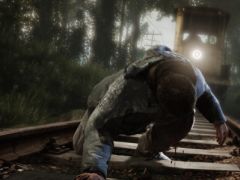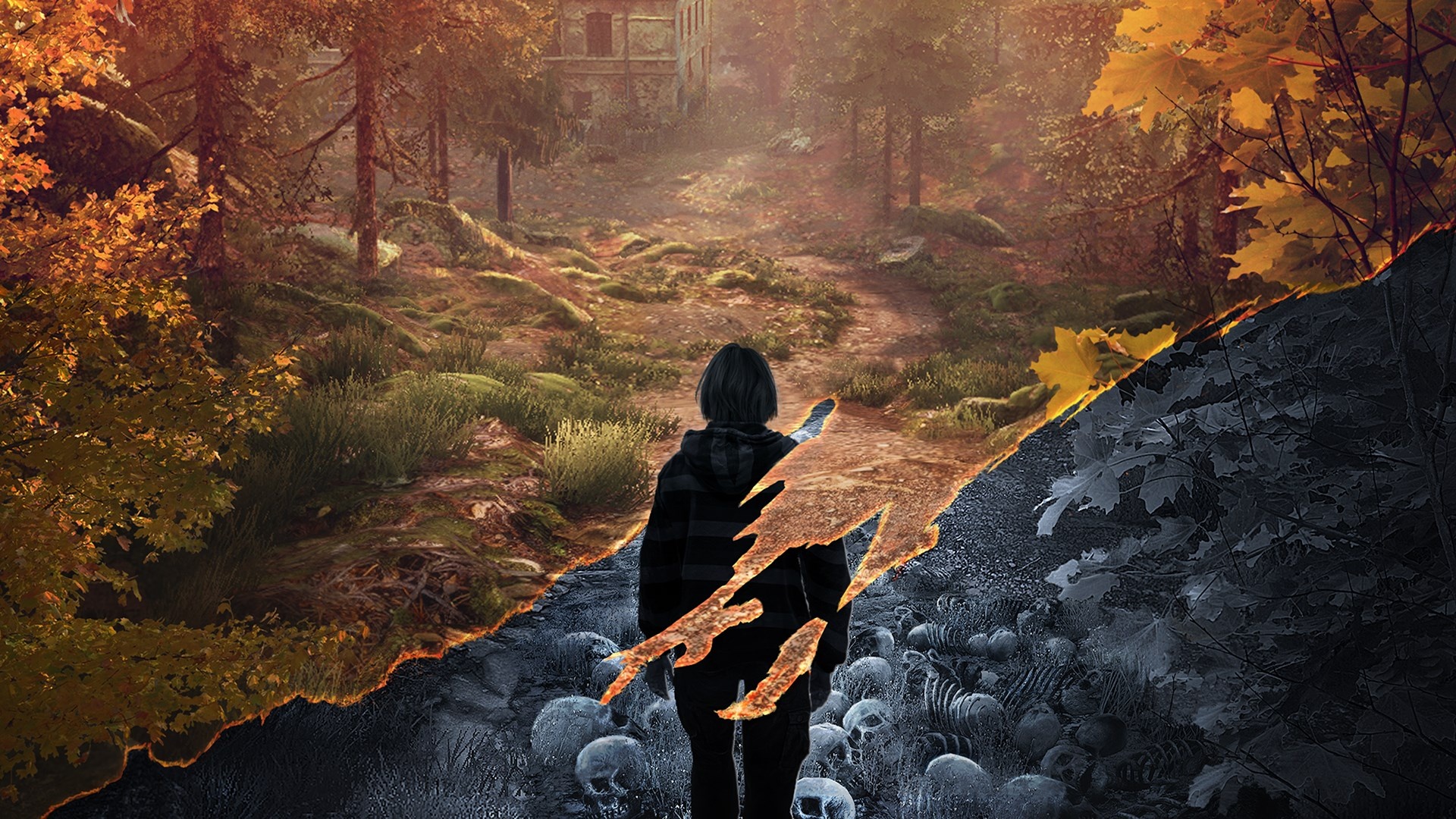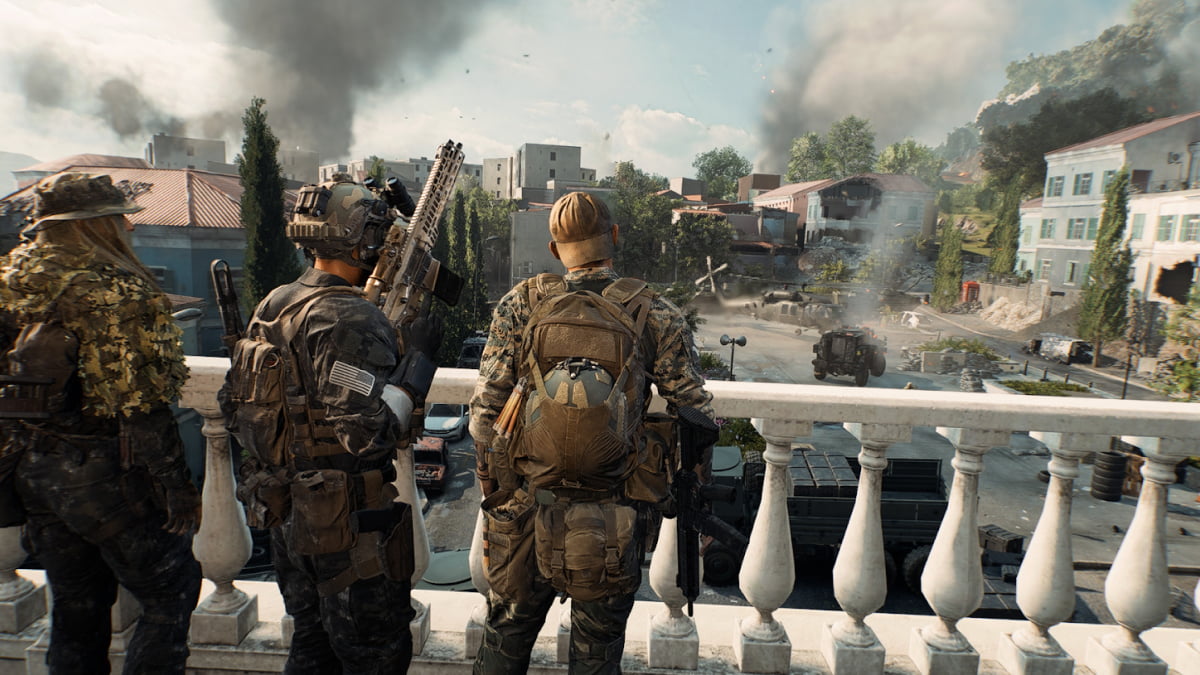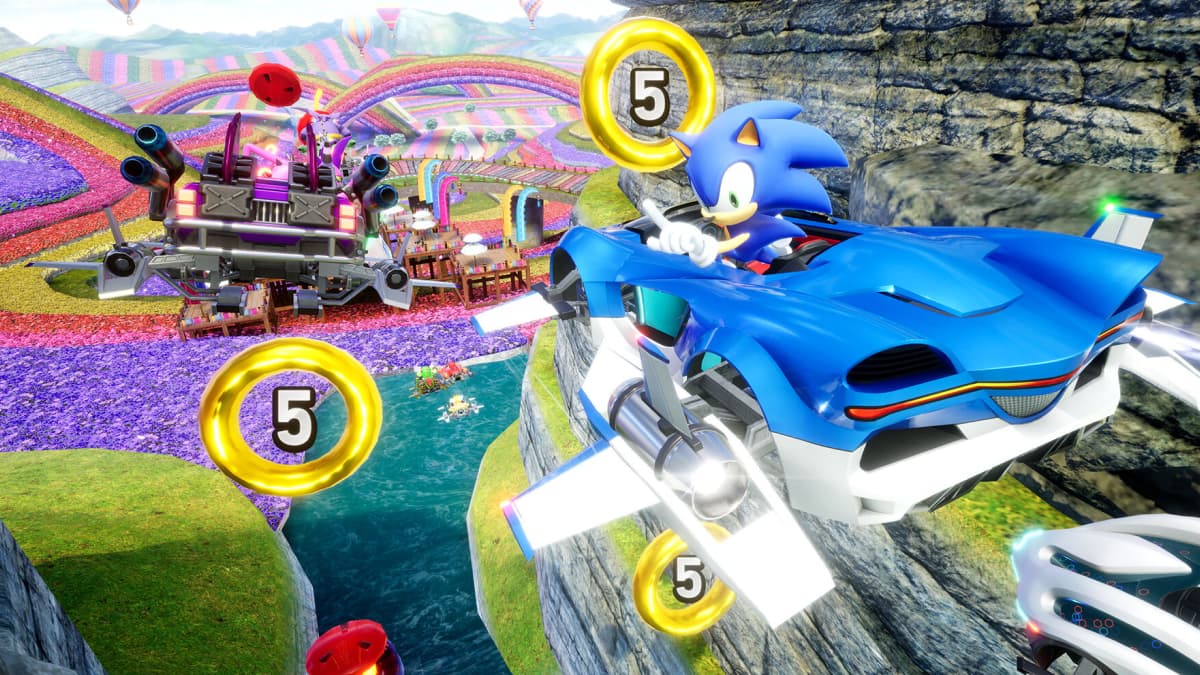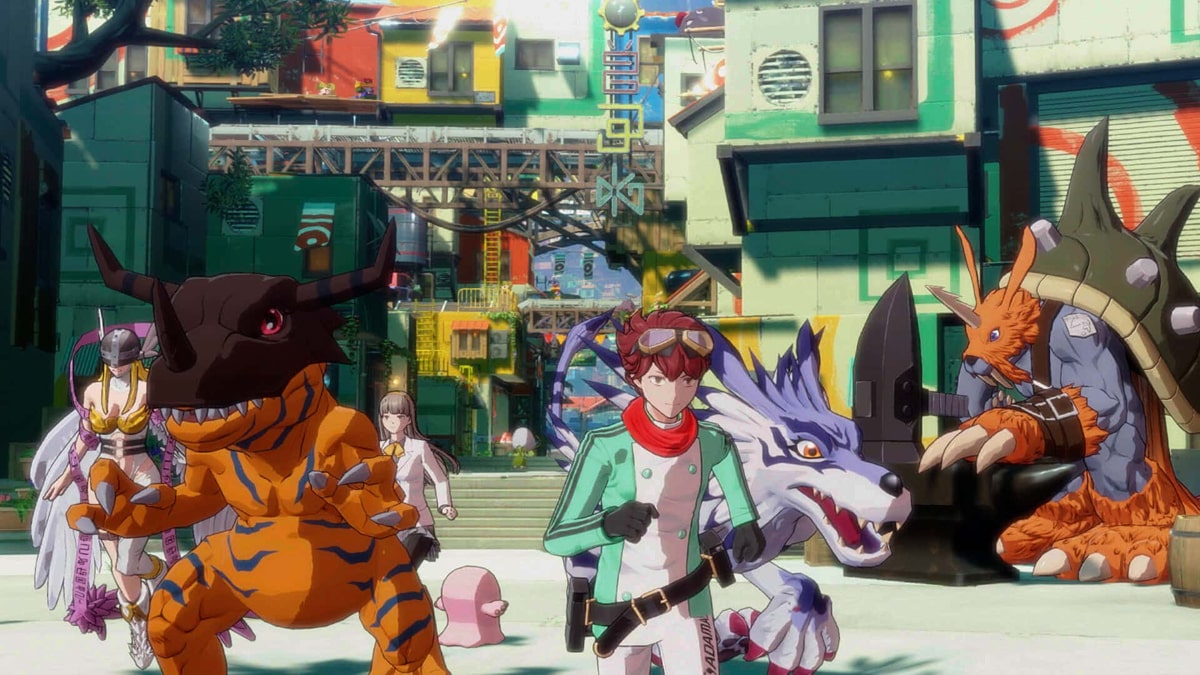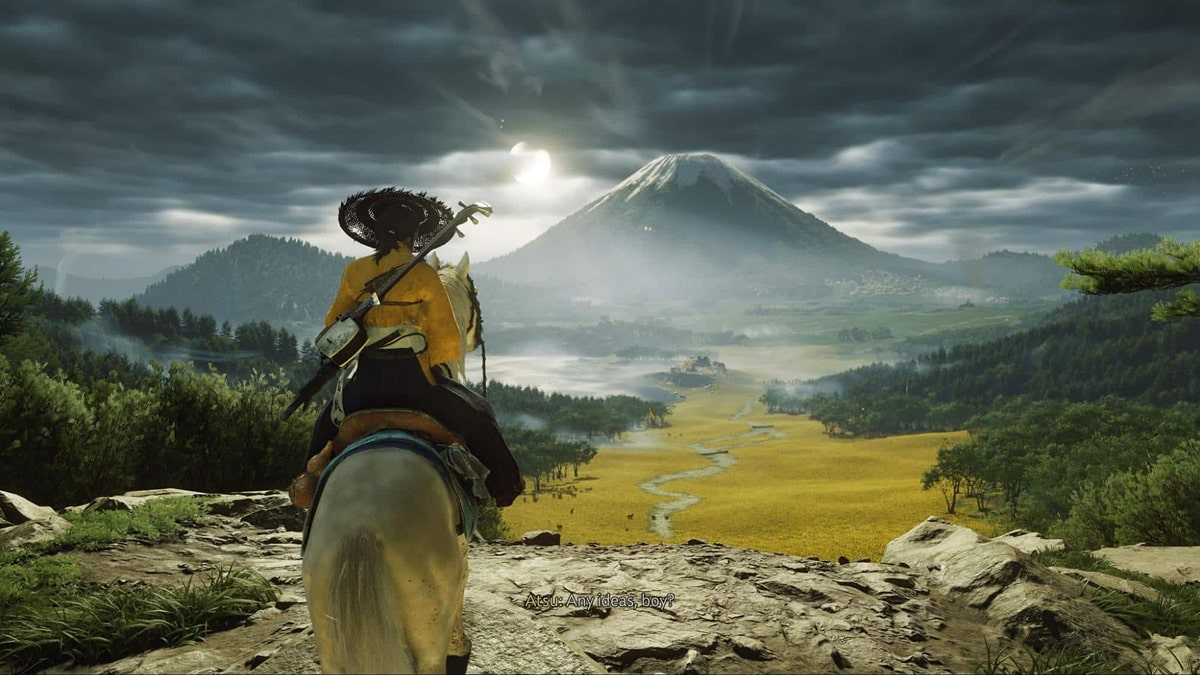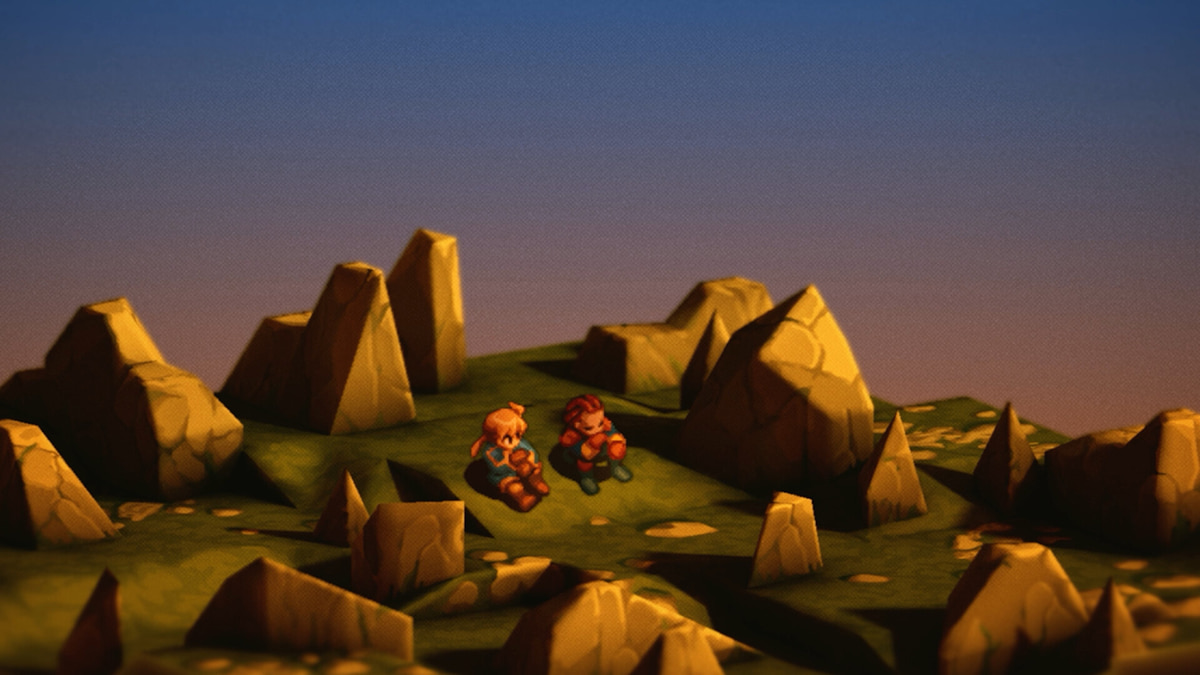You can trust VideoGamer. Our team of gaming experts spend hours testing and reviewing the latest games, to ensure you're reading the most comprehensive guide possible. Rest assured, all imagery and advice is unique and original. Check out how we test and review games here
A critical darling following its release last year on PC, The Astronauts’ tale of a supernatural detective attempting to find out what’s happened to the eponymous boy is essentially the same experience on PS4. (It doesn’t have a multiplayer mode or anything.) Well, it’s the same content-wise, at least: you’re still Paul Prospero, gruff-voiced bad-dialogue seen-it-all-before man, sent into Red Creek Valley to rescue this kid who’s been writing to you. You do this by encountering grisly crime scenes, amassing clues, and using your reverse-Dead Zone powers to ‘touch’ bodies and piece together what happened.
In terms of the narrative, if you’ve played it on PC, you know what you’re getting. Technically, however, it’s not quite as close: visually Carter looks just as impressive as before, but struggles to maintain a consistent frame rate. It never seems to dip to unplayable levels, but instead there’s a more persistent judder that can be quite off-putting, especially for a game filled with wow moments and sweeping vistas.
It’s a shame, but not a deal-breaker. Besides: far more interesting than Ethan Carter’s technical achievements (and struggles) is that it’s a much more enjoyable experience the second time around. If you played it when it launched on PC (or read the reviews) you’ll no doubt be aware how frustrating it could be. An early game warning (boast?) that it won’t hold your hand rings true for the duration – it’s possible to miss entire story chunks along the way, including the very first puzzle, which you’ll skip if you don’t turn immediately right after arriving in town.
To begin with this was somewhat refreshing, especially in a world of hand-holding and checkpointing and follow the man-ing. But it soon went too far, with the game’s impressive visuals actually making some puzzles harder – there are no outlines around objects here, no arrow showing you where to go. Which means finding a single, crucial rock in a forest, or a secret entrance somewhere (which is much better signposted in this version), was as tough as it would be in reality.
Playing it again, however, means you know where you’re going and what you’re doing. As such it enables the player to get lost in the world and the details. Like its obvious inspirations – Twin Peaks, mystery fiction – there’s also pleasure to be derived from knowing the answers but seeing all the callbacks and foreshadowing you missed.
Some of the puzzles naturally stand up better than others, and so too some of the detective elements seem rather counter-intuitive, devolving into trial and error (especially when you’re tasked with ordering snapshots of the murder in chronological order). But the ones that work are just as impressive as the first time out. The much-publicised astronaut encounter – which, in a game set in rural, rust belt America both surprised and unnerved a few players – is still something to behold. It plays beautifully against the game’s opening: twenty or so minutes of wandering around in dense woodland, finding old wooden traps and other low-tech hunting gear, is suddenly interrupted by the chance encounter (you may very well miss it) with a touch-screen relay.
Press the relay in the right order and an astronaut appears, beckoning you to give chase. Get close enough and he teleports to another location in the forest – always somewhere nearby so the player has a general idea of where they are, but just far enough for them to panic that they’ll lose them. That the game can flit between hard-edged gore (a man gets his legs cut off within minutes of the adventure starting) and literal flights of fancy – and have the two not feel thematically jarring but actually complementary – is Ethan Carter’s greatest achievement, one borne out of both technical ability, but also worldbuilding and storytelling.
The narrative unravels a little towards the end, and the written dialogue and allegories are heavy-handed, even if it makes sense in-universe (they are conceived by a child, after all). By the final moments you’ll have figured most of it out, but an unexpectedly bleak finale means Carter doesn’t pull its punches. It’s probably a better value proposition on PC, but if PS4 is your only way to play then this is well worth £15.
The Vanishing of Ethan Carter
- Platform(s): Nintendo Switch, PC, PlayStation 4, Xbox One
- Genre(s): Action, Adventure, Indie
